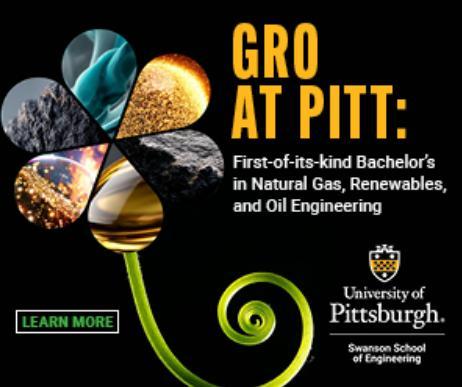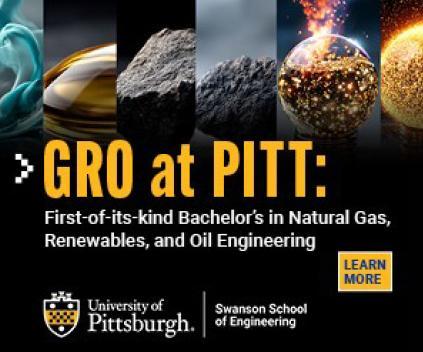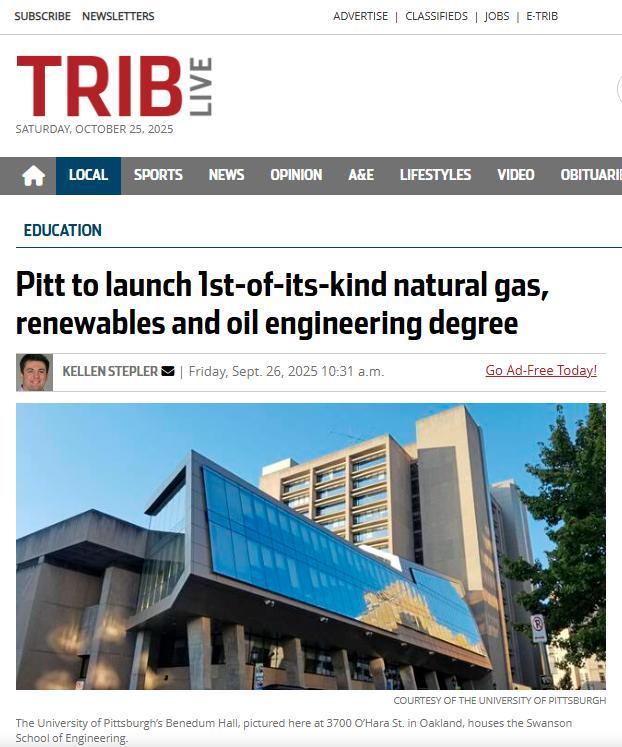

Natural Gas, Renewables and Oil Engineering
“GRO” is designed to be accredited by ABET as a Petroleum Engineering (PetE) degree
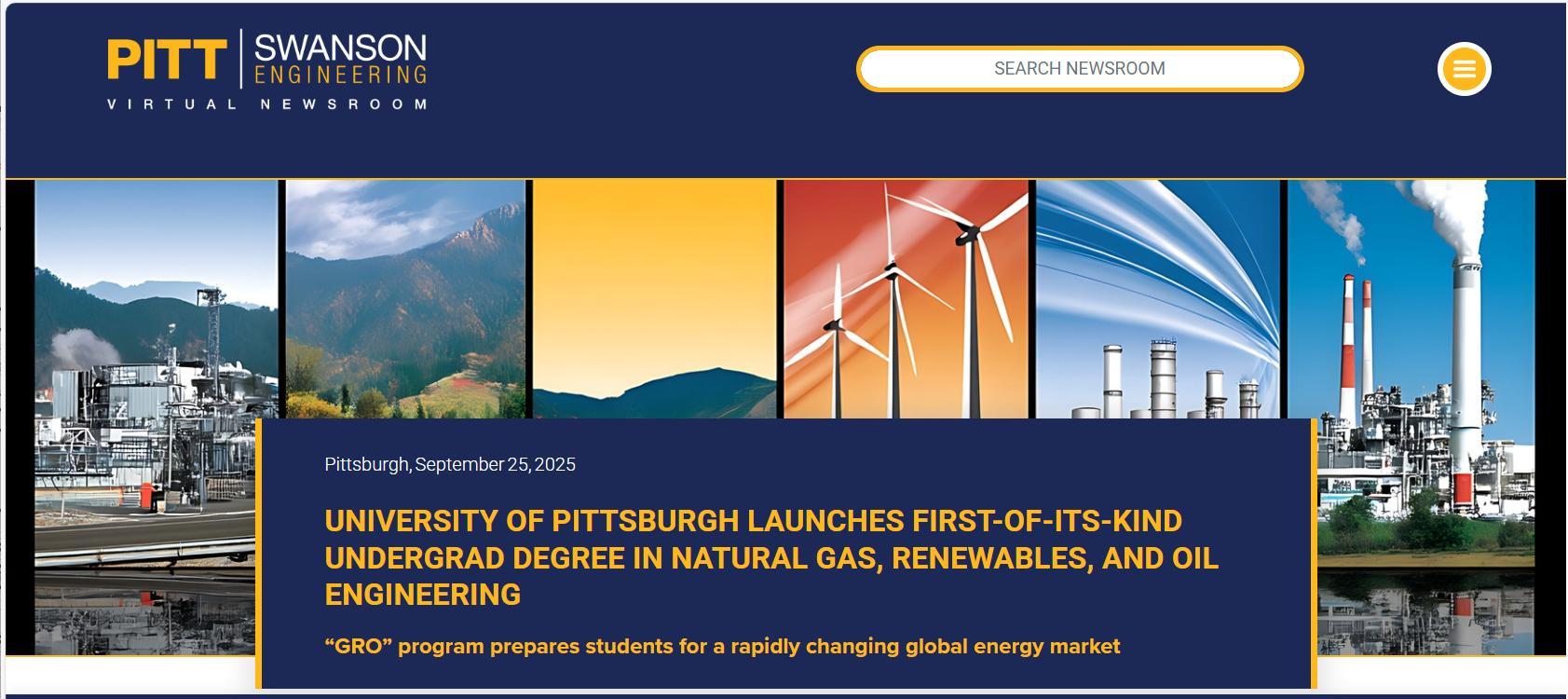

However, unlike every other PetE program in the country that focuses almost exclusively on fossil fuels, GRO students at Pitt will take 10-11 courses (30-33 credits) in Natural Gas & Oil Engineering and 8-9 courses (24-27 credits) in Renewable Energy
Pitt’s GRO program recognizes that natural gas, oil, renewable energy, nuclear energy and carbon capture all play a vital role in the future of the US economy, and that an expanding amount of renewable energy is highly desirable.
The GRO program will be “housed” in the Dept of Chemical and Petroleum Engineering, but it is very distinct from the “ChE” degree.
By definition, Natural Gas & Oil Engineering deals with finding, accessing, producing and handling natural gas & oil from underground layers of porous rock such as sandstone, carbonates and shale
(Chemical engineering deals with the processing and separation and purification of chemicals – including “petrochemicals” found in or made from natural gas and crude oil – AFTER they have been produced and have been transported in pipelines to ABOVE GROUND chemical plants)
NATURAL GAS AND OIL
Includes ALL subterranean aspects and includes the surface equipment near the well used to collect, separate and begin pipeline transportation
CHEMICAL
Refinery operation
Layers of rock formations
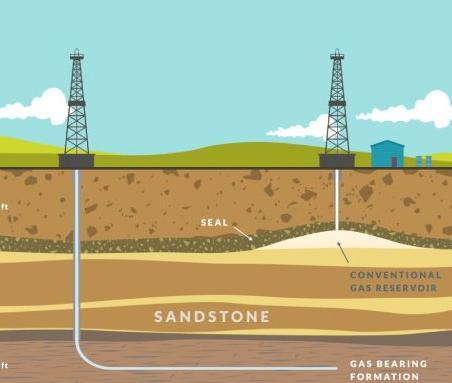
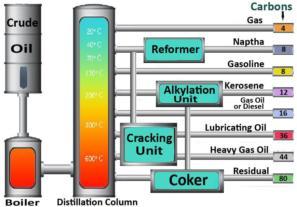
Refinery Process
These hydrocarbons are sent to various chemical plants to make fuel, raw materials, polymers
Horizontal well
Vertical well
NATURAL GAS AND OIL ENGINEERING
Natural gas is methane-rich, but also contains ethane, propane, butane and impurities
Oil is crude oil, a dark liquid composed of C5 – C30+ hydrocarbons and impurities
Production of Natural Gas from fractured
underground horizontal wells completed in the Marcellus Shale in Western PA
– Petroleum Engineering
Produce natural gas that contains methane (used for heating homes) and a substantial amount of ethane (used to make chemicals)
Underground activity – natural gas & oil engineers
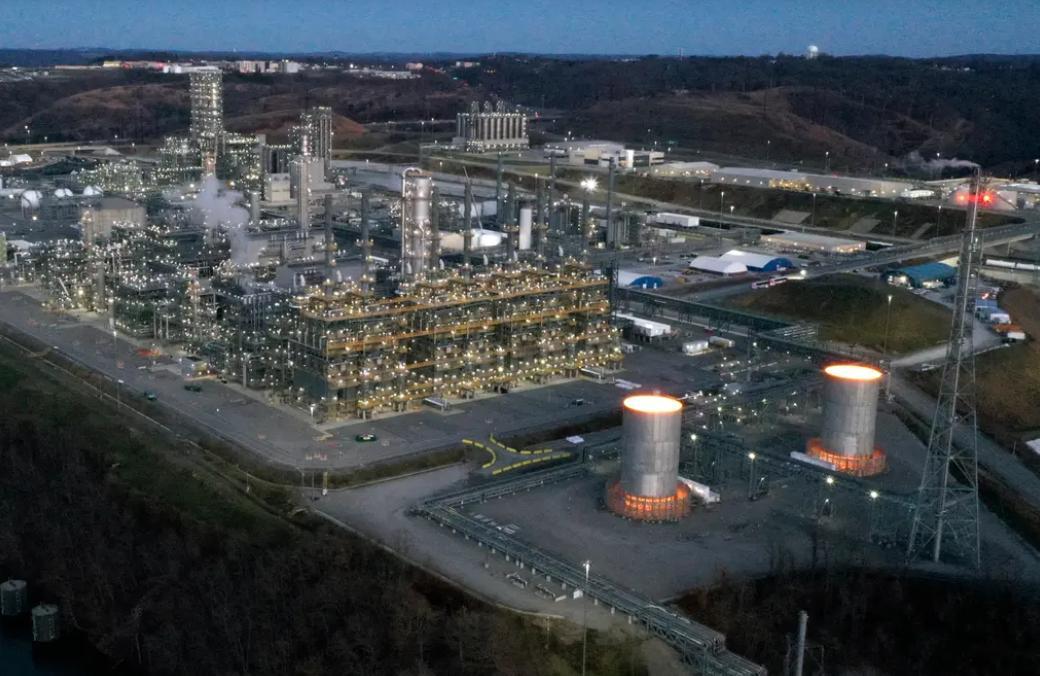
Shell’s Cracker Plant in Monaca PA

– Chemical Engineering
Takes ethane from the natural gas produced by petroleum engineers, and transforms it into ethylene and then polyethylene plastic pellets
Above ground activity – chemical engineers
What are the most important traditional topics in Natural Gas & Oil Engineering
Geology (using geology to understand the nature of natural gas and oil that occur in various types of underground layers of rock such as conventional formations of sandstone and carbonates with pores so big that the fluids can flow through them, and unconventional formations such as shale with pores so small that fluids must diffuse into and out of them
Exploration Geophysics (using scientific tools to locate, characterize, and estimate the amount of underground natural gas and oil ) Well Various
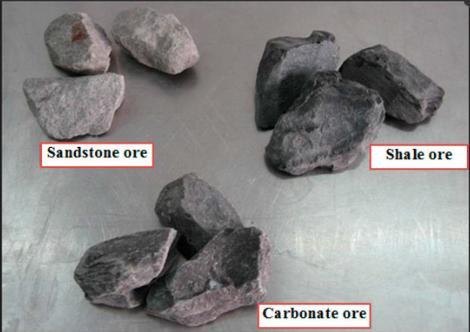
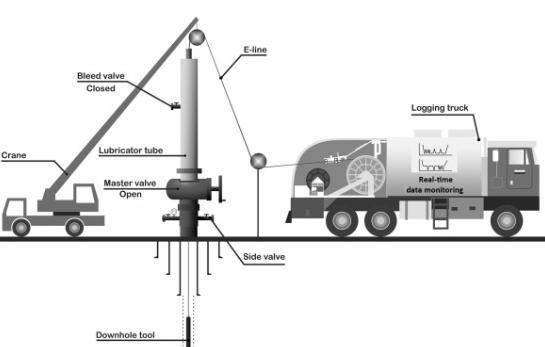
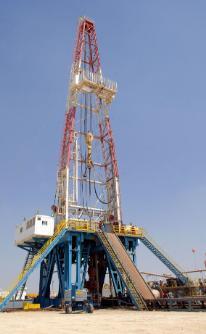
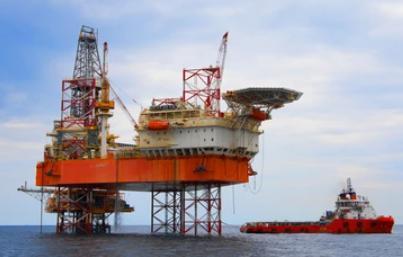
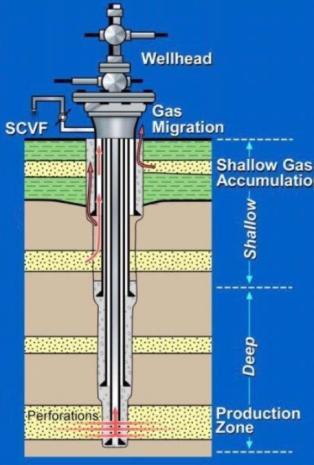

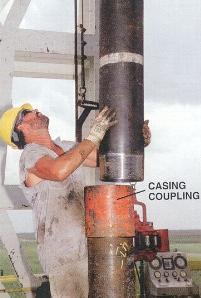

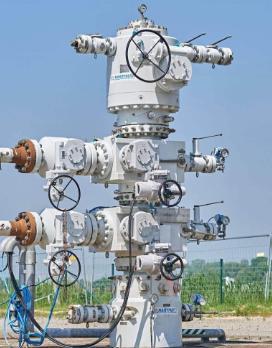

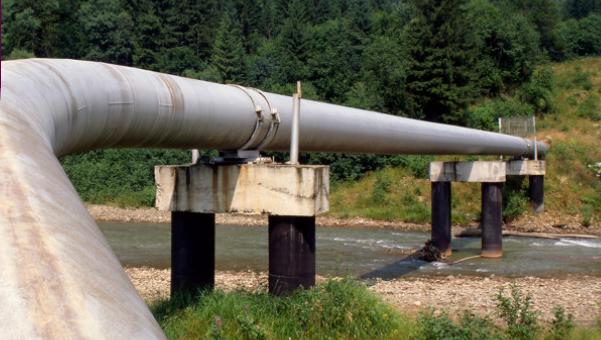
mechanical
The Marcellus and Utica layers of natural gas-bearing rock
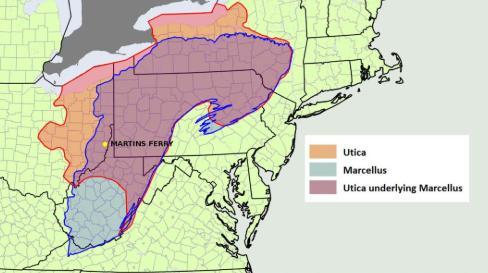
Utica Marcellus
Utica under Marcellus
The Marcellus layer of natural gas-bearing rock
is about 7000 feet below you, and about 100 feet thick
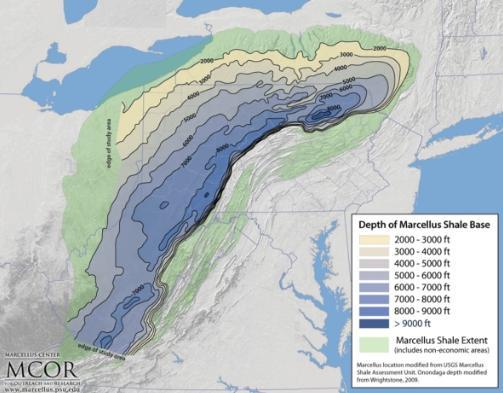
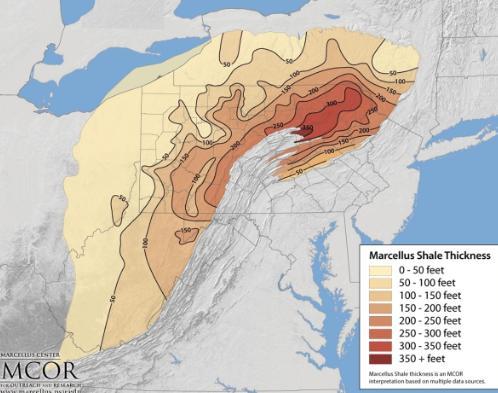
Maps, Graphics, and Videos | Marcellus Center for Outreach and Research
(MCOR)
In addition to Natural Gas & Oil Engineering courses, the curriculum provides extensive coverage of topics that will allow our graduates to Facilitate a realistic Energy Transition from a Fossil Fuel-based Economy (coal, oil and natural gas)
To ever increasing proportions of cleaner natural gas and oil, rather than coal to an integrated, coordinated blend of Natural Gas & Oil and Renewable Energy aspiring to attain ever-increasing amounts and proportions of Renewable Energy
While disposing of CO2 in deep underground layers of rock containing brine (aquifers)
GRO 0151 ENERGY RESOURCES: FROM HYDROCARBONS TO RENEWABLES 0.5 NEW
GRO 0151 ENERGY RESOURCES: FROM HYDROCARBONS TO RENEWABLES 2.5 NEW
Why not just go to 100% Renewables?
Why are natural gas & oil still so vital?
LLNL (Lawrence Livermore National Lab)
2023 Analysis on Energy Sources and Uses in the US
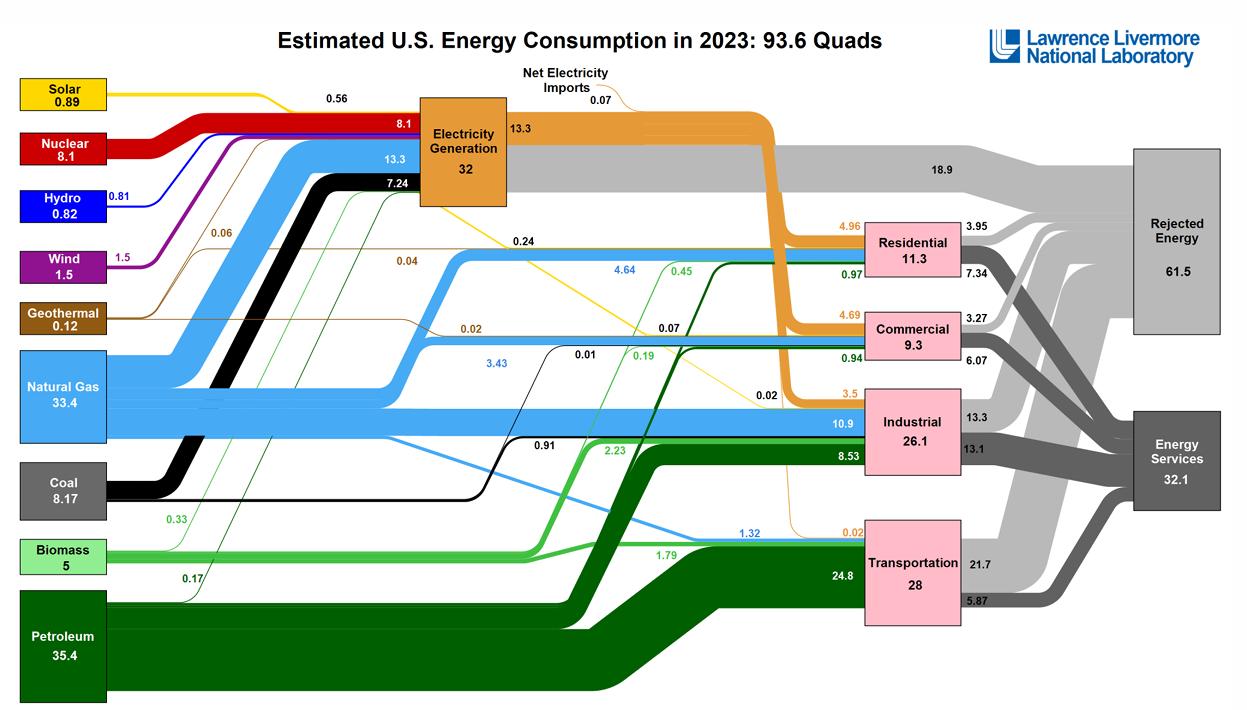
This is not simply a domestic issue for the US.
The entire world is facing these economic, energy and environmental challenges as shown in the following figures
Global Industry Outlook for 2050

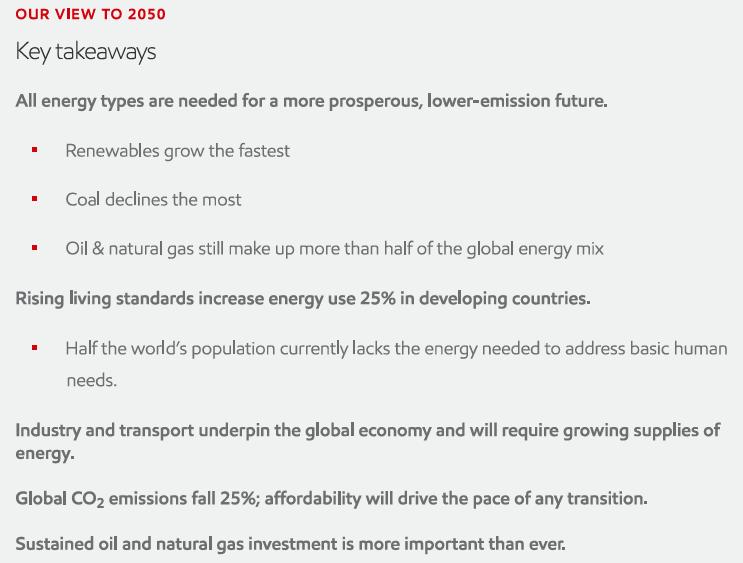
Trump administration 2019 EIA Global Projections
Energy Information Administration

80% of 615 quads
69% of 910 quads
500 quads 625 quads
Biden administration 2021 EIA Global Projections
Energy Information Administration
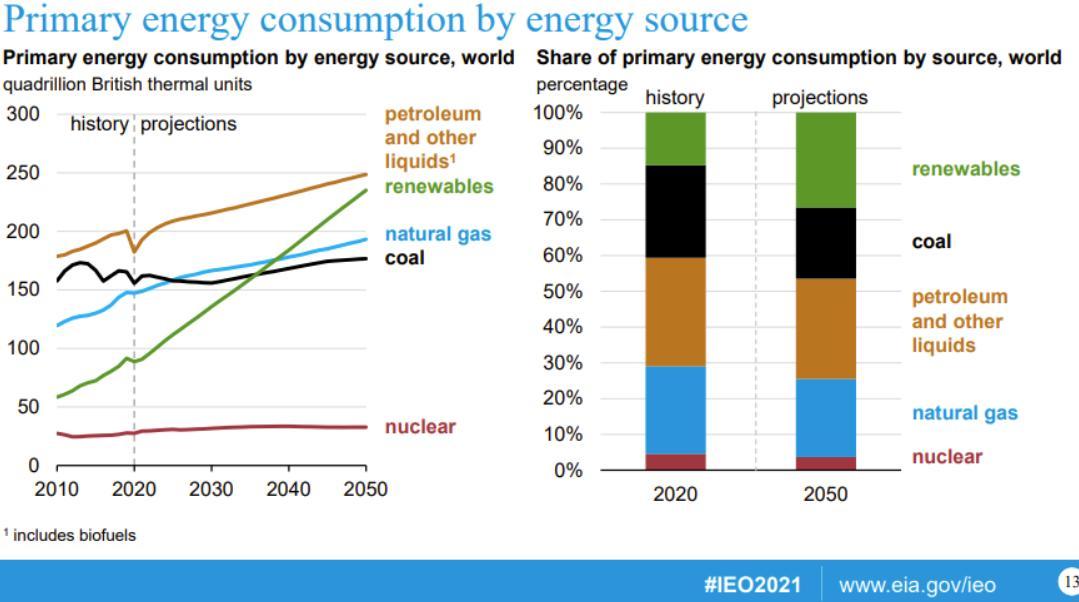
Although the % of energy from Renewables is increasing, the total demand for energy is increasing even faster. Therefore, the need for natural gas & oil is projected to continue to slowly grow over the next 3+ decades.
It is our hope that the GRO program will educate, train and inspire you to hasten the Energy Transition, because currently, all projections indicate that this transition from fossil fuels top renewables will take many decades.
We need natural gas & oil engineers and continued growth and development of renewables.
We believe that young, creative engineers can work together to develop innovative solutions for meeting the world’s interconnected environmental concerns, energy demands, standard of living goals, and national security needs while maintaining a strong and vibrant economy.
Specifically, there is a clear consensus that the best way to hasten the energy transition is to develop creative means for making renewable energy sources more affordable.
The GRO program is intended to “future-proof” the careers of those entering the natural gas and oil engineering field by providing them with extensive training in renewable energy, which will become an increasingly important and significant part of the US and global energy mixes in upcoming decades.
What are the Renewables classes?
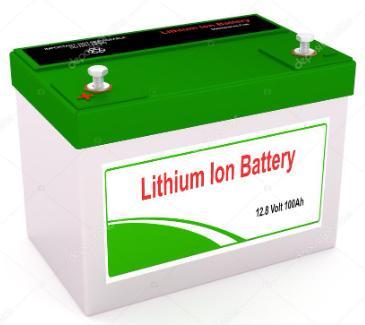

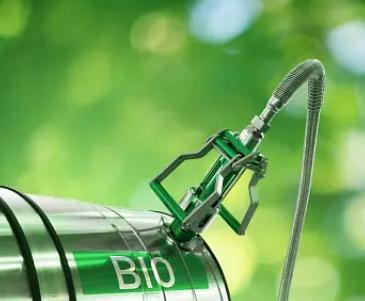
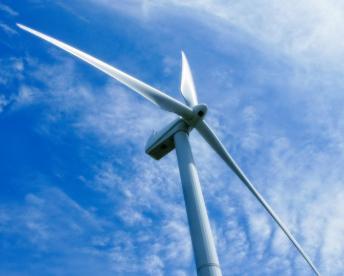
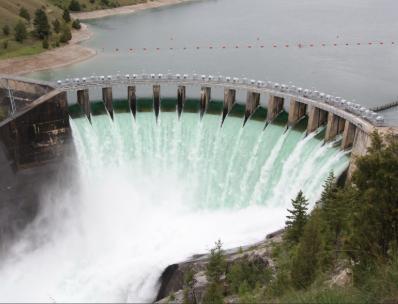
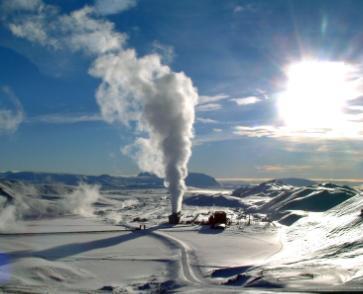
What are the Renewables classes?
1
*Note that Nuclear Energy is typically referred to as an Alternative Energy source
What are the Renewables classes?
1 required STEM elective that may be Renewables
Many electives are Renewables-related, others are Natural Gas & Oil-related, others are sustainability- or climate-related
ANY RENEWABLES COURSE FROM THE PREVIOUS LIST
ENGR 16xx Emerging Sust. Energy Solutions US and Denmark
CEE 1809 Hydraulic Fracturing Mechanics and Applications
GEOL 0840 Environmental Science
GEOL 1030 The Atmosphere, Oceans and Climate
GEOL 1342 Environmental Issues
GEOL 1460 Intro to Remote Sensing
GEOL 1316 Environmental Justice
GEOL 1333 Sustainability
CHE 1016 Green Chemical Eng and Sustainability
ENGR 1905 Current Issues in Sustainability
CEE 1610 Engineering and Sustainable Development
CEE 1609 Life Cycle Analysis (LCA) Methods and Tools
GEOL 1333 Sustainability
GEOL 1030 The Atmosphere, Oceans and Climate
PS 1364 Climate Change and Public Policy
Although it may seem counter-intuitive at first, natural gas & oil engineering and renewables engineering are complementary tools to address our energy needs and climate concerns
The increased production of oil & especially clean-burning natural gas has enabled us to be less reliant on coal
Burning natural gas releases less CO2 than burning oil, which releases less CO2 than burning coal
The same drilling and well completion technologies developed to produce natural gas and oil from the underground rock layers are also being used to inject high pressure CO2 into very deep underground aquifers for disposal (rather than emitting the CO2 into the atmosphere)
The same drilling and well completion technologies developed to produce natural gas and oil from the underground rock layers are also being used to produce natural hydrogen from underground rock formation (hydrogen produces no CO2 when it is burned or used in a fuel cell)
The same drilling and well completion technologies developed to produce natural gas and oil from the underground rock layers are also being used to extract energy from geothermal rock formations
The same fluids handling and oil refining techniques used by chemical and petroleum engineers for crude oil can be applied to the manufacture and processing of biodiesel
It is extremely important to get internship experience in the Natural Gas & Oil industry and/or the Renewables industry prior to graduation.
Currently there are many more Natural Gas & Oil Eng companies in our region than Renewables companies
We will be coordinating our interactions with alumni, our GRO advisory board, and industry contacts and providing this information to the SSOE Cooperative Education and Internships Office
(Chris Ann Frankovic, Tyler Kimmel)
Many natural gas companies, oil companies and energy companies have been/are active in or near our region. We also have contacts at companies in different parts of the US. We are/will be reaching out to them to determine their interest in GRO students.
Examples include: Marcellus Shale Coalition, CNX, Range Resources, EQT, Marathon Petroleum, Geopetro, EOG, Columbia Gas, Exxon Mobil, Alliance Coal, Guttman Energy, National Fuel, Sonneborn, Chevron, Schlumberger, Cabot, West Penn Energy, Anadarko, Atlas, Chesapeake, Chief, Cameron, Shell, Kinder Morgan, Universal Well Services, Deep Well Services
Active Oil and Gas Companies in Pennsylvania
How can these companies interact with the GRO program at Pitt?
Providing summer internships opportunities starting in Summer 2027 for the students who start as GRO sophomores in the Fall of 2026)
Offering interviews for fulltime placement after graduation (our first seniors will be graduating in May 2029)
Having a company representative attend our GRO informational meeting in Spring 2026 (Chris F and Tyler will be organizing this effort through the Coop & Internship Office)
Having industry representative give an undergrad seminar to the GRO students.
Having industry experts give a lecture in an undergrad GRO class. Industry representation on our GRO Advisory Board.
Organizing a student group tour of an industry facility.
Suggesting improvements in the GRO curriculum and undergraduate laboratory
BLS Stats 2024 PetE Data (Bureau of Labor Statistics)
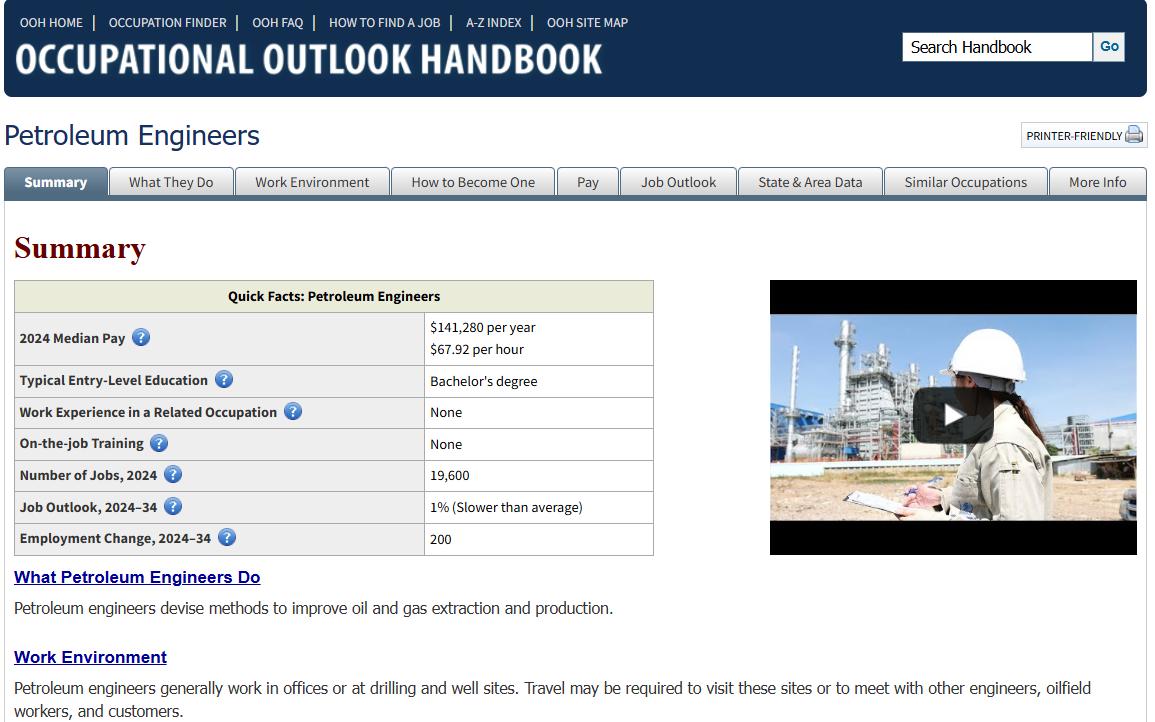

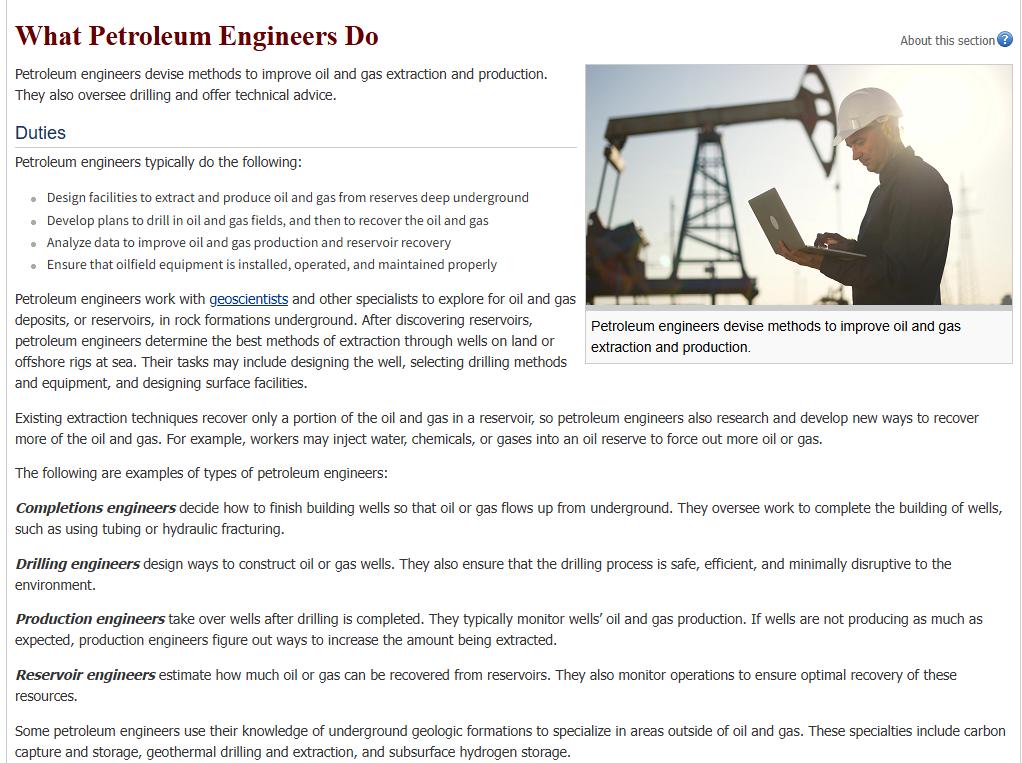
Georgetown's Center on Education and the Workforce released a new study last week (Nov 2025) on outcomes associated with various undergraduate fields and majors. Petroleum engineering is all over it:
"Median earnings by major show even larger differences, ranging from $51,000 for early childhood education majors to $146,000 for petroleum engineering majors."
"At the individual major level, architecture and engineering degrees yield the highest earnings, led by petroleum engineering, metallurgical engineering, and nuclear engineering majors."
"The most lucrative majors are not always the most common. Workers who majored in petroleum engineering, metallurgical engineering, and nuclear engineering make up less than half of a percent (per major) of all workers with a bachelor’s degree. Colleges and universities are more likely to offer majors such as chemical engineering..."
Notably, it does note that "high earnings do not always correlate with broad job availability," and that there will be "relatively few" annual job openings for petro engineering over the next decade. Which is just another reason your program's broader focus on other kinds of energy engineering is so relevant!
